Data security is critical in the healthcare business for preserving personal patient information and adhering to rules. Previously, it was very simple to safeguard and secure patient data since it was recorded on paper and stored in file cabinets. However, due to technological improvements and the digital era, patient records are now saved electronically on computers, servers, and storage devices. Increased dangers of data breaches, malware, viruses, and other hostile assaults accompany electronic documents.
Nurses, physicians, and other healthcare workers now rely on technology to access, update, and record patient data, such as PCs and tablets. Data may also be exchanged among different hospitals and healthcare providers. As a result, improved healthcare data security solutions are required to mitigate the risks of hostile data assaults or technological failure.
What Exactly Is Data Security?
Data security refers to any preventative step of protección de datos sanitarios that aids in the security and protection of data. The goal of data security for healthcare operations is to create an effective and efficient plan to protect the security of their data and patient data. Healthcare businesses, such as Veterans Affairs (VA) facilities, are particularly vulnerable to cyber assaults by hackers seeking private information and committing clinical theft.
It is critical that healthcare businesses thoroughly investigate the probable causes of data breaches and establish effective security solutions that incorporate both internal and external controls. Healthcare businesses must thoroughly investigate the probable causes of data breaches and devise effective security solutions that address both internal and external risk factors. Some of the most typical risk considerations that healthcare organizations must consider while building healthcare data security solutions include, but are not limited to:

Using outdated/legacy systems.
Hackers can acquire access to healthcare data more easily using outdated operating systems, apps, and legacy systems. Because the firm that produced the software or hardware no longer supports them, many systems lack basic security. It is preferable to update to more secure systems.
Malware-infected email scams
Phishing schemes are growing increasingly sophisticated, with emails purporting to be from well-known sources such as merchants and suppliers. By opening the app or clicking on links inside it, a hacker might install malware and get access to medical care data. Educate staff on the need of being cautious and never opening questionable emails.
Inadequate password strength.
Another danger element in healthcare firms is utilizing weak passwords. You must ensure that your password requirements are strong enough that they cannot be readily guessed or hacked. You must also ensure that employees do not use the same password for different systems and apps.













